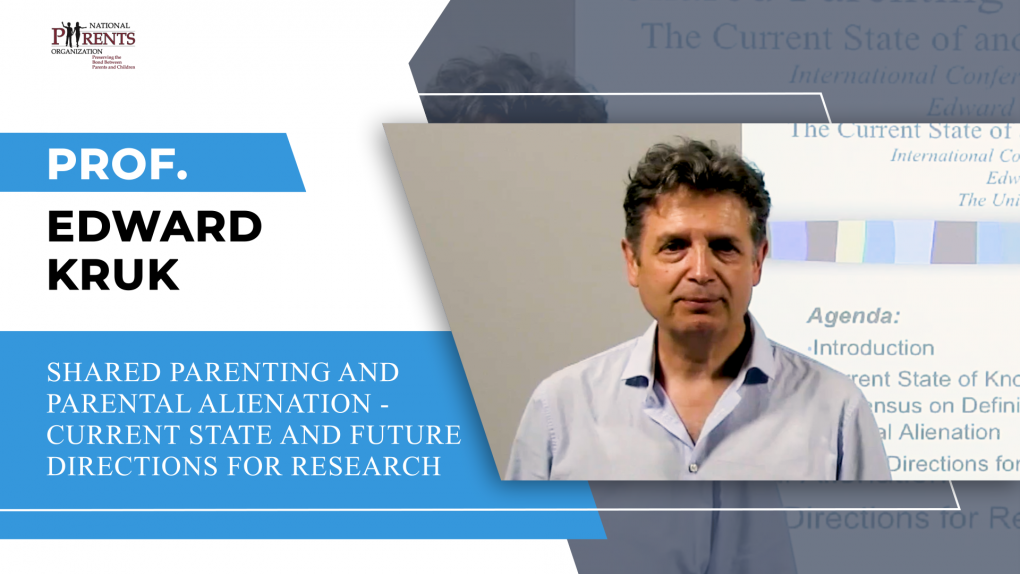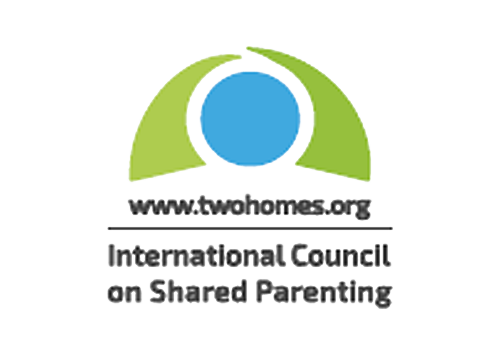
Shared parenting and parental alienation: current state and future directions for research
The intersection of shared parenting and parental alienation is a vital issue for social science research, as it has long been argued that parental alienation flourishes in situations where one parent has exclusive care and control of children, and primary residence of children is often granted to parents with serious psychological problems who mount the stronger case in the adversarial arena (McMurray and Blackmore, 1992; Kruk, 2013). Yet according to Saini et al (2016), there are still relatively few high-quality studies of parental alienation, and the alienation phenomenon remain a hypothesis in need of further empirical testing.
This presentation will examine the current state of research on parental alienation, arguing that research advances over the past two years allow us to conclude that parental alienation is far more common and debilitating, for both children and parents, than previously believed. I will argue that given the social science consensus on the reality of parental alienation, the need for research on the effectiveness of different approaches to parental alienation reunification is urgently needed, as reunification programs are rapidly being developed in response to the increasing professional recognition of parental alienation and the corresponding demand for reunification programs. A case will be made for the need for both quantitative research from the perspective of children and parents themselves and qualitative research utilizing a “simulated client” data gathering technique. The presentation will conclude with a summary of the current state of knowledge on parental alienation, and specific recommendations for the study of reunification programs.
$0.00Add to cart

